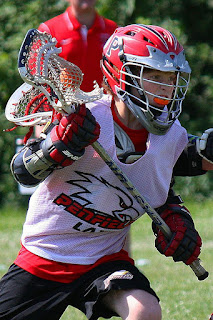Reasons You Should Use Sports Mouthguards


Often, the traumatic impact results in an injury to the pulp and the tissues covering the tooth root. If the pulp becomes injured or bacteria gain entry as a result of the trauma, then endodontic treatment may be necessary to prevent or manage the consequences.
If the blood supply to the pulp is cut off due to the injury, this may stop root development in children or young adults, as there is no longer vital or living pulp tissue to produce dentine.
As a result, endodontic management of teeth with an open root or thin dentinal walls will require specialist care to encourage re-vascularisation of the pulp, further root growth or closure of the root end. Every chance will be given to further root development, as thicker dentinal walls will contribute to the structural integrity and long-term prognosis of the tooth.
CHILDREN AND YOUNG PATIENTS
In younger patients, teeth that are dislodged from the socket often have not completed root development. Such teeth may not require endodontic treatment as the open root end often allows blood supply to the pulp to be re-established. Further follow-up with your Endodontist or dentist is required to ascertain continuing root development or further management.
DID YOU KNOW? Teeth that have been knocked out of the mouth should be replaced into the tooth socket as soon as possible or placed in a glass of cold milk to preserve the ligament cells on the root surface. Please see your dentist or Endodontist as soon as possible as they will stabilise your tooth and assess whether or not the tooth requires endodontic treatment.
FIRST AID
Your Endodontist will need to clean out the root canal system and medicate it as soon as possible. Frequent follow-up is required for such teeth as the chances of resorption (where the damaged root structure is “eaten away”) are high. In such cases, the long-term prognosis for such teeth can be very poor and alternative treatment options will need to be discussed with you.
REMEMBER! Good oral hygiene is absolutely necessary during the healing period.
Comments
Post a Comment